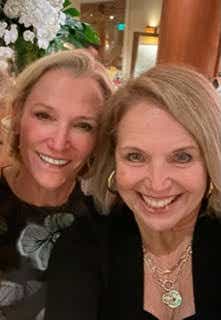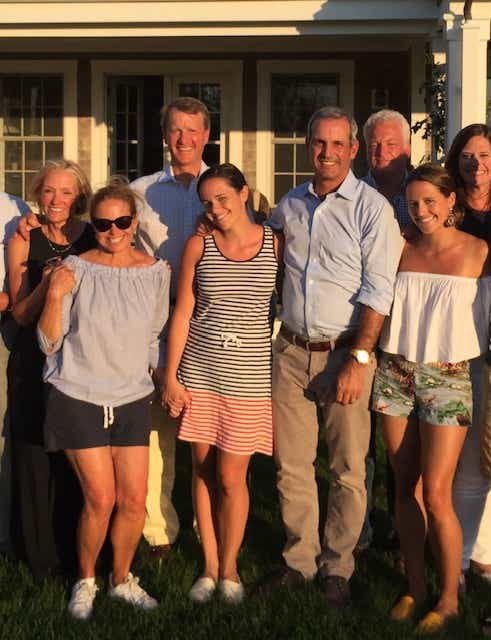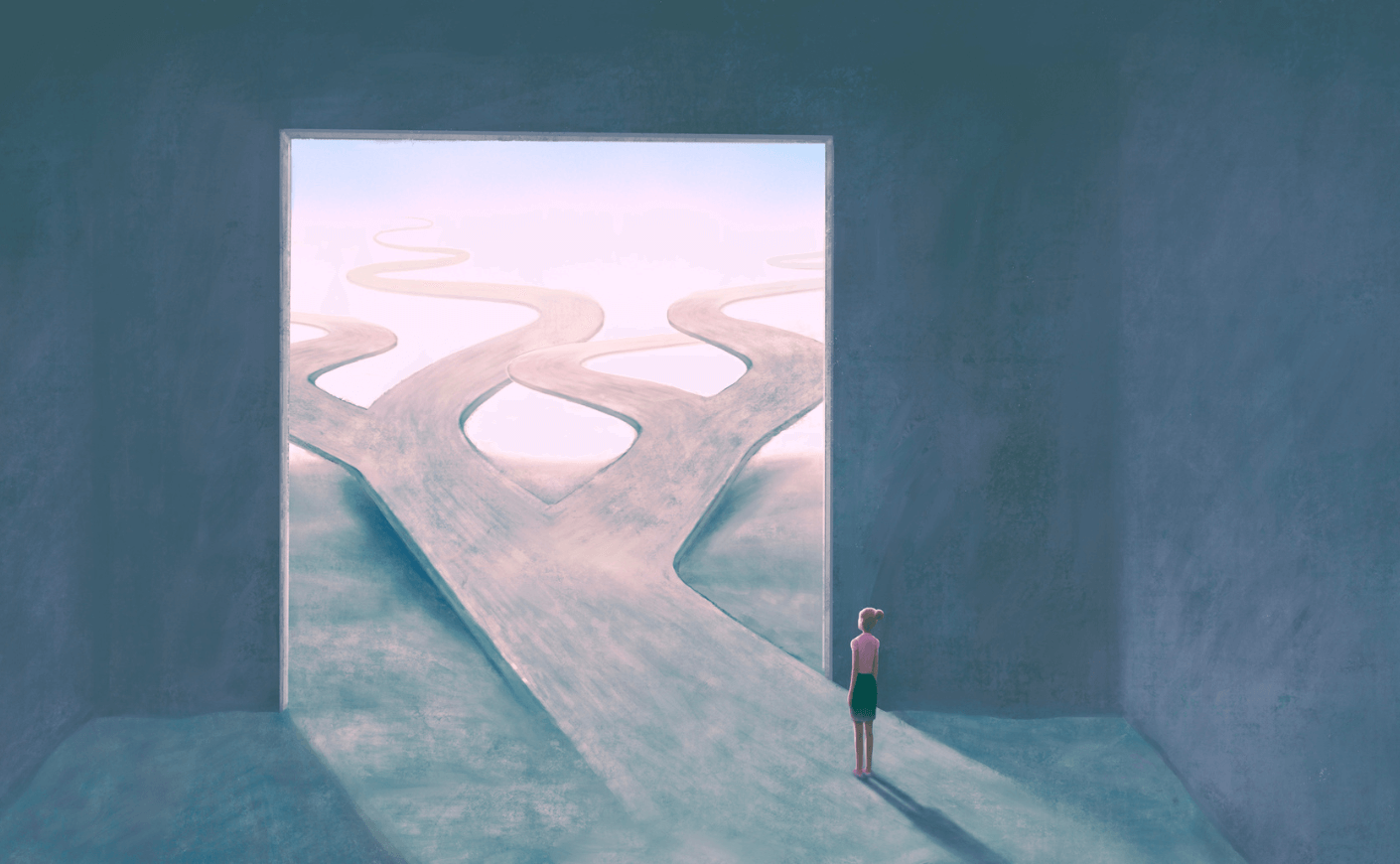All of my life, my mother was adamant about never skipping a breast exam. She went twice a year for check-ups, enduring many biopsies over the decades. She had to be: Both her older sisters had battled breast cancer in their 20s and had elected to pursue a surgical option that seemed “radical” back then — a preventative double mastectomy. Thankfully, all of my mom’s early test results were negative. But unbeknownst to me, when she turned 60, she decided — either consciously or subconsciously — to take a year or two off from those miserable exams, thinking she had “beat” the disease. I wish she knew how wrong she’d been.
When she did go for a check-up again, at age 62, she was diagnosed with breast cancer that had spread into her lymph nodes. To make a sad and long story short, after numerous surgeries, treatments, drugs, and a very hard fight, she succumbed to breast cancer at age 66. Her two older sisters lived well into their 70’s.
Needless to say, my family history made me vigilant about never skipping an exam, starting at age 21. I have dense breasts, which meant I had to get a check-up every 6 months, almost always involving a mammogram followed by a sonogram and an MRI. I too had multiple biopsies over the years — all negative. But every time I had a check-up, I was terrified until I was holding those results in my hand.
But all that vigilance couldn’t protect me forever: In 2014, when I was only 57 years old, my regular breast exam was not so regular. My doctor called and gave me the results I’d been dreading for more than 35 years — I had stage 1 breast cancer in my left breast. My heart sank and my hands shook so hard I could barely hold the phone. Not me, too.

What made this revelation even more upsetting was that my oldest sister, who’d been battling breast cancer herself for nearly five years — living much of that time with me — had passed away only a few months earlier, after her breast cancer metastasized to her brain. She was only 68 years old. Immediately, I assumed I was headed for the same fate as my beloved mother and sister.
My husband of 35 years and I took my diagnosis very seriously. He assured me that he hadn’t married me for my breasts — not all that surprising, since I’d always been A-cup at best. But still, the thought of a mastectomy was daunting. What would I look like? Would I still feel like a woman?
Since the cancer was detected so early, and only in one breast, I was leaning toward a lumpectomy — the least-invasive option, but one that did leave open the possibility of the cancer returning in the future. Still, I didn’t want to lose my breasts, and I was scared of a mastectomy, which I’d been told would take 7-8 hours. And if I wanted a reconstruction afterward, I’d have to go back in for another 7-8 hour procedure.
I was close to planning my lumpectomy, when my then-14-year-old son — who had witnessed my older sister endure late-stage breast cancer — asked me to sit and talk with him. One quiet Saturday morning, when we were the only ones in the house, he held my hand and said something that changed my life, and maybe saved it.
My son said, “Mom, I saw your sister battling this horrible disease for years. Some days she laid in bed all day and stared at the ceiling, and other days all she talked about was wanting to go to heaven. And then I had to say goodbye to her.” He was silent for what seemed like a minute, before speaking again. “No one asked my opinion about your decision,” he said, “but I want you to know my children.”
He’s always been conscious of the fact that he had older parents for his age; I was 43 when he was born, and most of his friend’s parents were at least 10 years younger than my husband and I. So what he said in some ways didn’t surprise me, but it certainly affected me; he’d expressed similar concerns before, but this was different. Now there was a tangible threat that could make his worst fears — of losing a parent too soon — a reality.
The right decision was absolutely clear, and I never looked back after I made it: I had bilateral mastectomies, then reconstruction. It was grueling and recovery was lengthy, but it was the right decision for me and my family. After I had the surgery, which required me to be on bed rest for months, my son would come straight home from school every day. He’d throw his backpack down, come to my bedroom, and sit on my bed to ask how my day was. He did that every day until I was better.

Today, I feel great and I have no lingering fears of breast cancer. And by the way, if you or someone you love has to take this route and lose your nipples as I did, go get yourself two beautiful nipple tattoos. I went to an artist in Maryland called Vinnie Myers, who gave me 3D designs that look almost like the real thing — and the tattoos didn’t hurt at all.
When people hear my story, they usually ask if I have the BRCA gene. I don’t. When I had the gene test years ago, my doctors at MD Anderson told me that there must be a gene my family carries that relates to breast cancer — one they haven’t identified yet. Too many of the women in my family have gotten breast cancer for that not to be the case. Which means that my daughter and my son’s daughters will need to be just as vigilant as I was, until the gene that our family carries is found.
When I started my annual breast examination program at MD Anderson’s Cancer Prevention Center decades ago, they told me that if I got my annual mammograms without fail, they couldn’t promise me that I would not get breast cancer, but they could virtually assure me that I wouldn’t die from it. I wish my mother had gotten similar advice.
Beth Tilney is a longtime friend (and former classmate) of Katie’s, sharing her family’s story as a way to encourage other women to never skip a breast exam.









